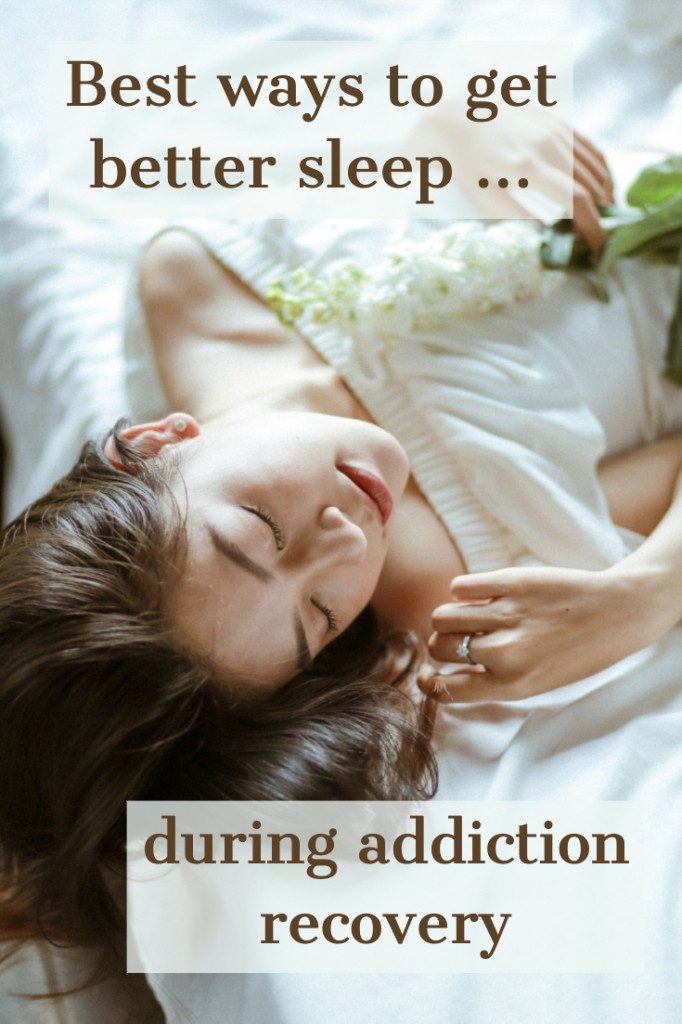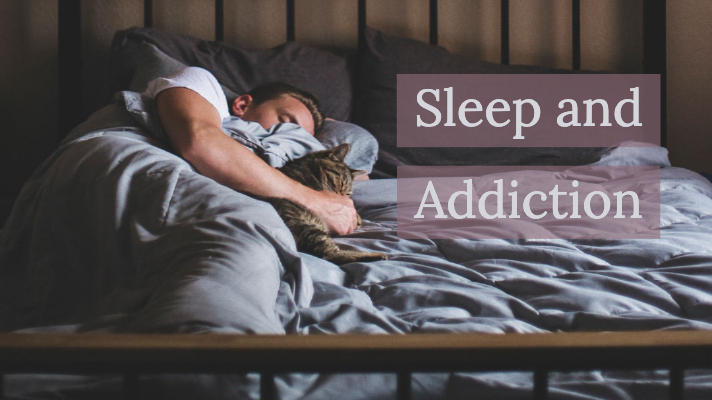What’s the connection between substance abuse and a good nights rest?
Addiction spreads its effects to all aspects of life, and sleep is no exception. However, the relationship between the two, addiction and sleep, can be complicated. Sometimes addiction-related sleep issues last months or even years. However, sleep can be influenced by behaviors, which means you have the ability to promote better sleep by adapting your habits.
Understanding the connection between addiction and sleep starts with the body’s method of controlling the sleep cycle through circadian rhythms. Circadian rhythms include all the biological processes that run on a regular 24-hour schedule. They control everything from energy levels to meal timing and, of course, the sleep cycle. The regularity of these rhythms relies on complex neurological processes that can be disrupted by substance abuse.
What’s the function of sleep?
Sleep serves, in part, as a restorative function of the body. While you sleep, the brain cleanses itself of toxins as well as prunes and strengthens communication pathways based on their use. Studies show that substance abuse prevents brain cells from going through these vital processes as much as they should. Consequently, people recovering from addiction may experience problems because their brains aren’t able to fully recover during sleep.

Yet, sometimes substance abuse isn’t the cause of sleep problems. For some people, sleep issues can trigger the beginning of substance abuse. For example, a person may lose their job and face heightened financial pressure. The stress of their changing life circumstances may lead to sleeplessness that they choose to solve with alcohol or another substance. Before long, the person may rely on the substance to sleep when the substance actually negatively affects the sleep cycle. But, before long, they can’t sleep without the substance.
The changes in the brain that come from substance abuse can be difficult to reverse and some problems may always remain. However, there are ways to improve your sleep-related habits to increase your chances of getting a full seven to nine hours of sleep.
Ways to Get Better Sleep During Recovery
1. Create a pre-sleep routine. Your brain and body are wired to recognize routines and schedules. A pre-sleep routine helps the brain know when to start the release of sleep hormones. It also provides a chance to relieve stress that could interfere with sleep.
2. Avoid substances that interfere with the sleep cycle. Of course, this list includes anything addictive like alcohol and drugs, but you should also avoid caffeine and similar stimulants as they can block sleep hormones for several hours.
3. Increase your time outside. Sunlight regulates the circadian rhythms and helps set the timing of the sleep cycle.
4. Darken the bedroom and make it sleep supportive. While light during the day can help time the sleep cycle, at night, it needs to be as dark as possible so that sleep hormones can flow through your system. Everything else about the bedroom should be sleep supportive too. If you have problems feeling comfortable at night, you may need to invest in an adjustable bed or mattress topper to accommodate your specific needs.
5. Watch out for screens. Electronic devices emit a light that’s similar to sunlight and can suppress sleep hormones. Turn off your devices two to three hours before bed and remove them from the bedroom for the best sleep.
The road to a restful path of recovery
Adequate sleep can help you on the road to recovery. Though, like many parts of recovery, it will take time and effort to improve. Remember that getting the rest you need is a foundation on which you can build a new and healthy lifestyle.
